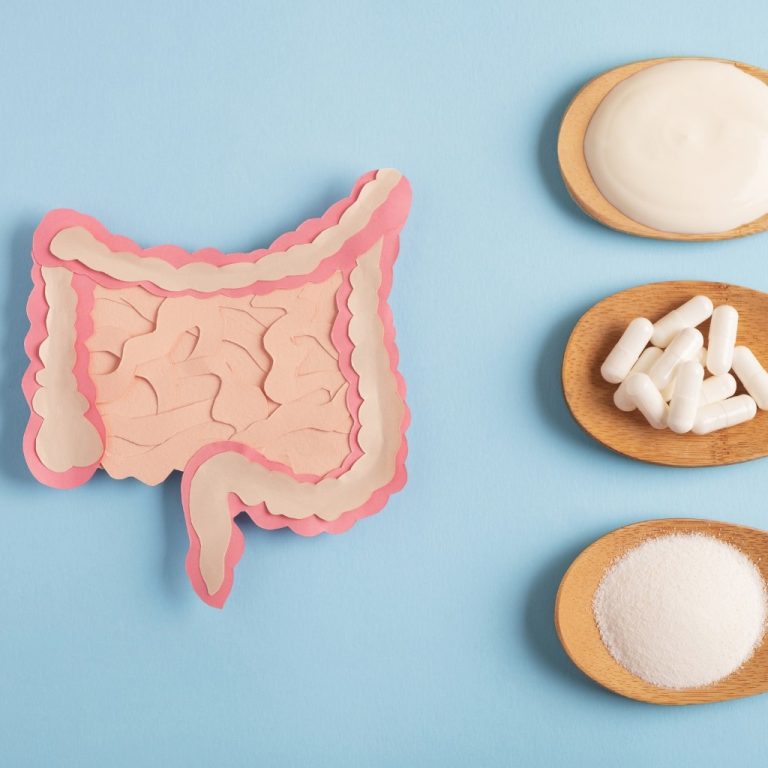The good bacteria in our intestines offer a protective barrier against harmful viruses, but they can also influence our genes‘ behavior.
According to the National Cancer Institute (NCI), colorectal cancer is the fourth most common cancer type, after breast, lung, and prostate. In 2017, the NCI estimated 135,430 new cases of this cancer, with more than 50,000 people dying from the disease. The link between the gut bacteria and the risk of colorectal cancer has received more and more attention in recent years. For instance, early last year, Medical News Today reported on a study showing how different diets alter the bacteria in our guts — which, in turn, influences the risk of developing colorectal cancer. New research deepens our understanding of the connection between gut bacteria and the risk of developing colorectal cancer and various infections.
The new study — led by Dr. Patrick Varga-Weisz, from the Babraham Institute in Cambridge, United Kingdom — shows how gut bacteria can affect genes, which then influences disease risk. Dr. Varga-Weisz and team carried out experiments with mice and human culture cells, focusing on the role of molecules called short-chain fatty acids (SCFAs) in disease prevention. SCFAs are produced by gut bacteria during the digestion of fruits and vegetables. They can move from the gut bacteria into our gut lining cells, affecting our genes and our cells‘ behavior.
How SCFAs help to regulate gene activity
The researchers used antibiotics to reduce the bacteria in the mice’s guts, and they analyzed their fecal samples as well as cells from their intestinal epithelium — that is, the lining inside their small intestines. Dr. Varga-Weisz and his team added SCFAs to human colon cancer cells and found that they increased crotonylations, which are protein modifications that can switch genes on or off. These crotonylations were produced by inhibiting a protein called HDAC2. Previous studies have shown that a high number of HDAC2 proteins may raise the risk of colorectal cancer. Additionally, the bacteria-deprived mice showed a high number of HDAC2 proteins. Fruits and vegetables are key for producing SCFAs, and SCFAs help to regulate crotonylations. So, the findings, explain the researchers, suggest that regulating crotonylation in the gut cells‘ genome may prevent cancer, and that a healthful diet of fruit and vegetables is key for this prevention.
Findings offer new cancer drug target
First study author Rachel Fellows explains, „Short-chain fatty acids are a key energy source for cells in the gut, but we’ve also shown they affect crotonylation of the genome. Crotonylation is found in many cells but it’s particularly common in the gut.“ She continues, „Our study reveals why this is the case by identifying a new role for HDAC2. This, in turn, has been implicated in cancer and offers an interesting new drug target to be studied further.“ Dr. Varga-Weisz says, „Our intestine is the home of countless bacteria that help in the digestion of foods such as plant fibers. They also act as a barrier to harmful bacteria and educate our immune system. How these bugs affect our cells is a key part of these processes.“ „Our work illuminates how short-chain fatty acids contribute to the regulation of proteins that package the genome and, thus, they affect gene activity.“ Dr. Patrick Varga-Weisz



























